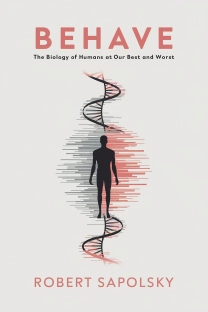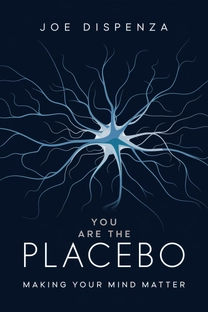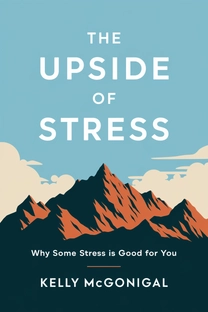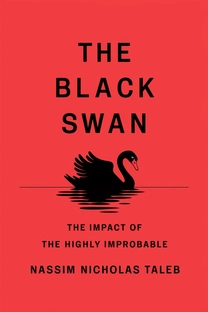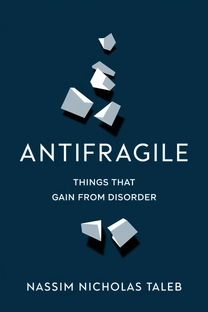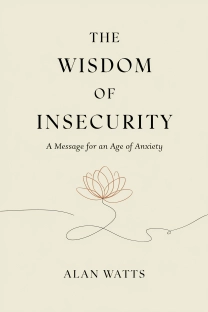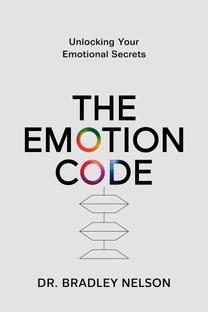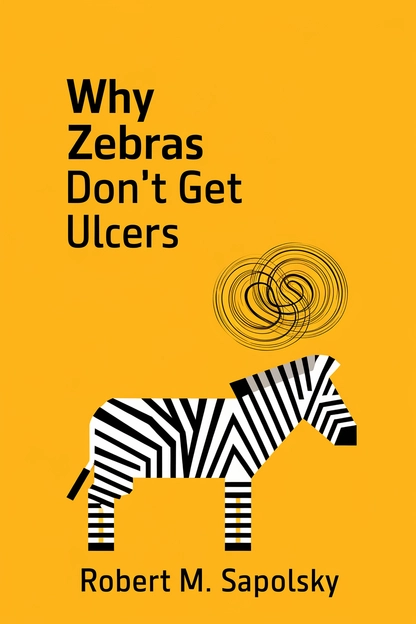
Why Zebras Don't Get Ulcers
by Robert M. Sapolsky, PhD
Brief overview
This book explains how our natural stress-response, so helpful for surviving short-term threats, can become harmful when triggered too often in everyday life. It examines the physical and psychological components of stress, describing how chronic worries lead to diseases such as ulcers, heart problems, and immune breakdowns. By understanding why this happens, you gain tools to better manage stress and lead a healthier life.
Introduction
Imagine you are a zebra, calmly grazing on the savanna. Suddenly, a predator charges, and your body instantly mobilizes: heart pumping, muscles primed, digestion on hold. This rescue mission is your stress-response saving your life. For you, though, daily life rarely involves fleeing wild animals, yet you still have the same physiological response to modern, more subtle pressures.
In this summary, we explore how our stress-response evolved for short-term emergencies and why it backfires when dealing with mortgages, traffic jams, or major deadlines. We will see that many modern ailments—from high blood pressure to stress-induced ulcers—stem from pushing our bodies into overdrive too often.
As we progress, keep in mind the difference between real physical threats and our constant mental chatter. Often, our minds are the biggest stressors of all. The good news is that once you understand how your body is wired and what triggers your alarm bells, you can learn to deactivate them more effectively.
Whether you sometimes lose sleep over work or frequently feel on the verge of burnout, these insights will reveal why zebras handle stress better—plus how you can adopt some of their ease in your own hectic world.
The Stress-Response in Action
The core of the stress-response is surprisingly straightforward: your body senses a threat, releases hormones like adrenaline (epinephrine) and glucocorticoids, diverts energy to muscles, and halts long-term processes such as reproduction and growth. In an emergency, that is brilliant—full power goes toward surviving the crisis.
Problems arise, however, when you engage this same response for emotional or social pressures. Many of us perpetually worry over late bills or swirling deadlines, triggering alarm signals all day. Over time, this constant stress load can become damaging.
During short-term stress, your heart speeds up, glucose is released for energy, and certain beneficial immune changes occur. Yet if these responses never switch off, multiple systems strain. Blood vessels might stiffen, blood pressure stays high, and we face new vulnerabilities to disease. Essentially, the stress response itself can become a bigger problem than the initial worry.
Through the lens of evolution, this was never meant to happen—our ancestors rarely spent days stewing in worry. In learning about this mismatch, you can start to break the habit of constantly mobilizing for imagined crises.
What is Why Zebras Don't Get Ulcers about?
"Why Zebras Don't Get Ulcers" by Robert M. Sapolsky, PhD, takes an insightful dive into the mechanics of stress and its profound effects on the human body. This book expertly links our evolutionary stress-response, originally intended to help us survive immediate threats, with the chronic ailments of modern life linked to stress. Sapolsky articulates how chronic psychological stressors—unlike the fleeting physical dangers faced by animals such as zebras—can lead to a breakdown in bodily systems, causing diseases like ulcers, cardiovascular issues, and compromised immunity.
With a synthesis of psychology, biology, and neurology, this book sheds light on how social environments and individual behaviors influence our stress levels and health. Sapolsky navigates through the roles of social hierarchies, personal coping strategies, and the intricate dance between our mind and body, offering readers a comprehensive understanding of how to regain control over stress. His conversational style, backed by research and anecdotes, makes the science behind stress accessible and offers strategies to minimize its harmful impacts.
This book is an essential read for anyone looking to understand the biochemical underpinnings of stress and how to overcome its detrimental effects, not just through lifestyle changes but through a deeper understanding of the mind-body connection.
Review of Why Zebras Don't Get Ulcers
"Why Zebras Don't Get Ulcers" stands out with its blend of robust scientific research and accessible prose. Robert M. Sapolsky excels in breaking down complex scientific concepts into digestible insights, while maintaining an engaging and often witty narrative. One of the key strengths of this book is its ability to demystify the biological mechanisms behind stress, illustrating its evolutionary purposes and the present-day conundrums it creates.
The book's practical application comes through Sapolsky’s discussion on mitigating stress's effects, highlighting different coping strategies and examining the role of social support and perspective shifts. As you progress, the exploration of modern psychological stressors shows how seemingly innocuous daily pressures morph into physical health challenges if left unchecked.
Sapolsky’s writing style feels like a conversation, making scientific jargon approachable to a wide audience. From medical professionals to laypersons, everyone can glean valuable insights. Ultimately, readers are urged to keep stress management a priority for a healthier life—an entreaty backed by compelling reasons throughout the book.
With a balanced mix of credible research and actionable advice, the book earns a recommendation for anyone striving to better understand and manage stress, thereby enhancing overall well-being. "Why Zebras Don't Get Ulcers" is more than just an educational read; it’s a catalyst for personal transformation.
Who should read Why Zebras Don't Get Ulcers?
- Health Professionals: Medical and wellness experts can find value in understanding the link between stress and chronic diseases, enhancing patient care.
- Students and Educators: Those in psychology, biology, or health fields can deepen their understanding of stress physiology through Sapolsky's evidence-backed insights.
- Busy Professionals: Individuals facing high-stress environments gain practical strategies to manage daily pressures more effectively, reducing risk of burnout.
- Self-Improvement Seekers: Readers interested in personal wellness and mental health can apply the techniques discussed to foster resilience and mindfulness.
- General Audience: Anyone with a curiosity about how stress affects the body and mind will appreciate the accessible explanations and life-enhancing strategies offered.
About the author
Book summaries like Why Zebras Don't Get Ulcers
Why readers love Mindleap
10-Minute Book Insights
Get the core ideas from the world's best books in just 10 minutes of reading or listening.
Curated For You
Discover your next favorite book with personalized recommendations based on your interests.
AI Book ExpertNew
Chat with our AI to help find the best book for you and your goals.
Reviews of MindLeap
Love how I can get the key ideas from books in just 15 minutes! Perfect for my busy schedule and helps me decide which books to read in full.
Alex R.
The summaries are incredibly well-written and the audio feature is perfect for my commute. Such a time-saver!
Jessica M.
Great app for personal growth. The insights are clear and actionable, and I love how they capture the essence of each book.
Chris P.
The app is beautifully designed and the summaries are top-notch. Definitely worth every penny!
Sarah K.


